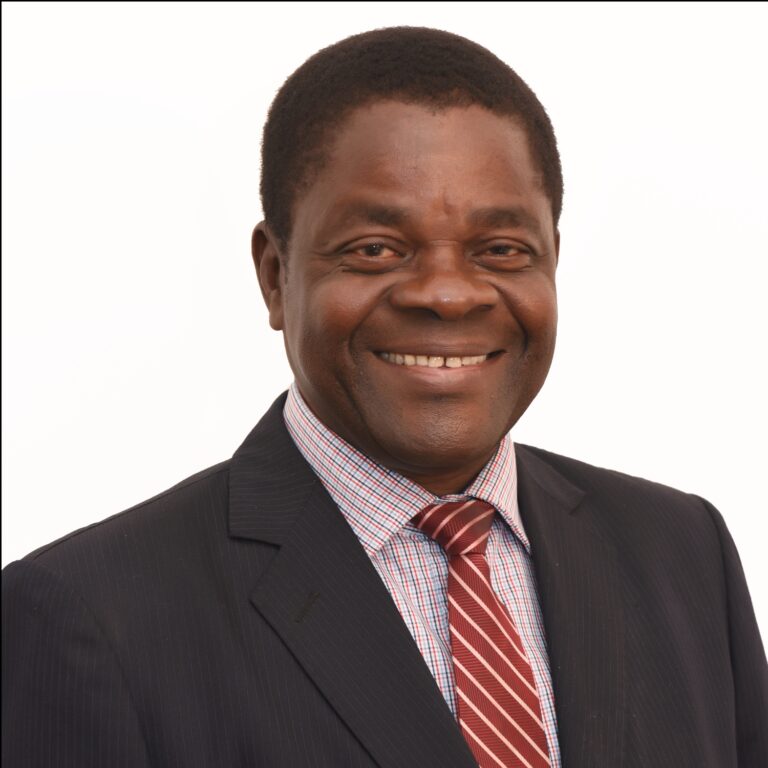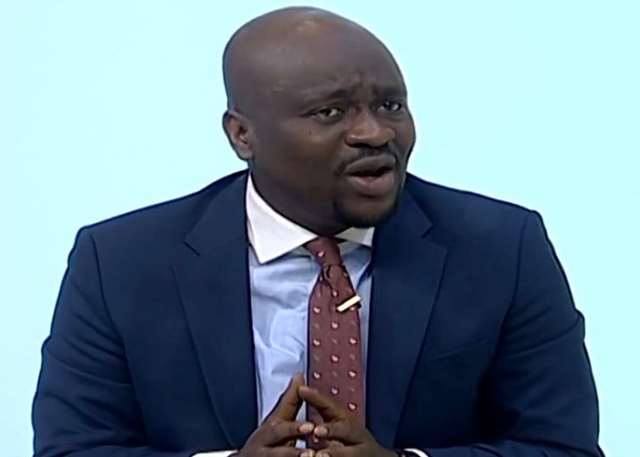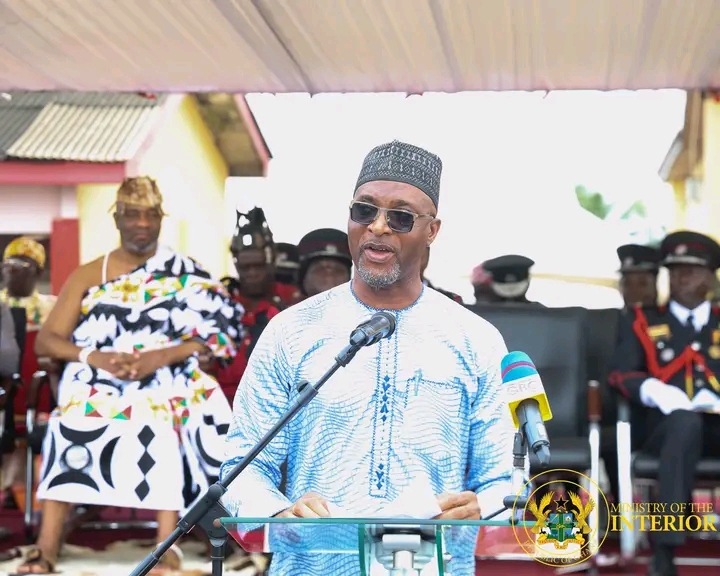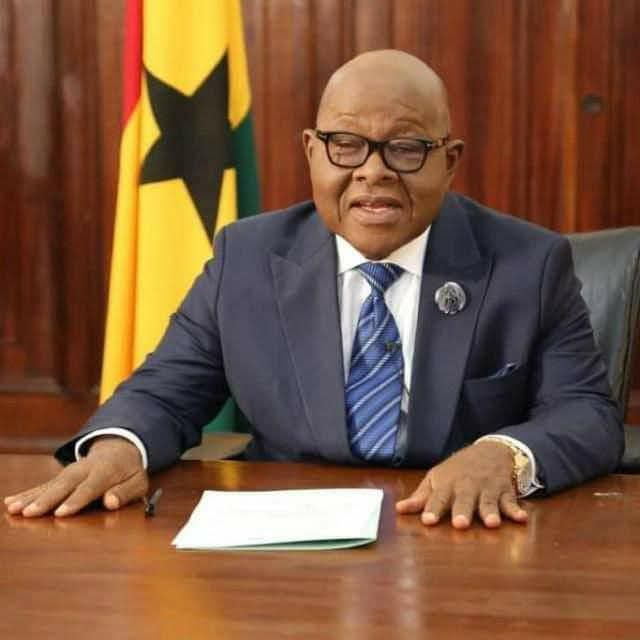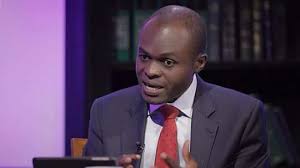The International Institute for ICT Journalism (Penplusbytes) in collaboration with the Revenue Watch Institute (RWI) is organizing a field trip for seven Ghanaian journalists to Cote d’Ivoire from 12th – 15th of July, 2012.
The trip forms part of the program “Strengthening Media oversight of Extractive Industry Project”, being organized for journalists to well expose them to issues in the oil and gas and mining industry.
The Cote d’Ivoire trip also follows two other trips to the Niger Delta in Nigeria and Douala/Kribi in Cameroon by the journalists who participated in the first and second training courses held earlier last year.
A release issued and copied to the Ghana News Agency by Penplusbytes on Wednesday said the training was intended to expose trainee journalists to the activities of the extractive sector in various parts of Africa whiles at the same time offer them comparative basis for reporting on the extractive sector.
According to Mr. Kwami Ahiabenu, team leader- Penplusbytes, “this trip to the Cote d’Ivoire will afford the trainees the opportunity to see at first hand the experiences of coastal communities in dealing with oil companies, the role of civil society in effective advocacy on oil and gas issues and company perspectives of the sector.”
Mrs Lydia Asamoah, a trainee for the program said, “this field-trip to Cote d’Ivoire would enable me understand and compare the issues of the oil and gas industry between Ghana and Cote d’Ivoire in a better way since the two countries have a lot in common – both engage in offshore production, are close door neighbours and are within the West Africa sub-region.”
The “Strengthening Media Oversight of the Extractive Sectors Pilot Programme” which started in 2011 aims at promoting good governance and an effective oversight of the oil, gas and mining (extractive) resources and revenues.
The ultimate objective is to have a knowledgeable and active media which is critical to having an informed and engaged public, civil society and Parliament that can hold government to account. The course involves international field trips, writing bursaries, editors’ liaison, workshops and individual writing projects on the extractive sector and has so far trained 100 journalists in two classes.
The seven journalists on the trip form the third class, the release explained.**
Source: GhanaWeb




